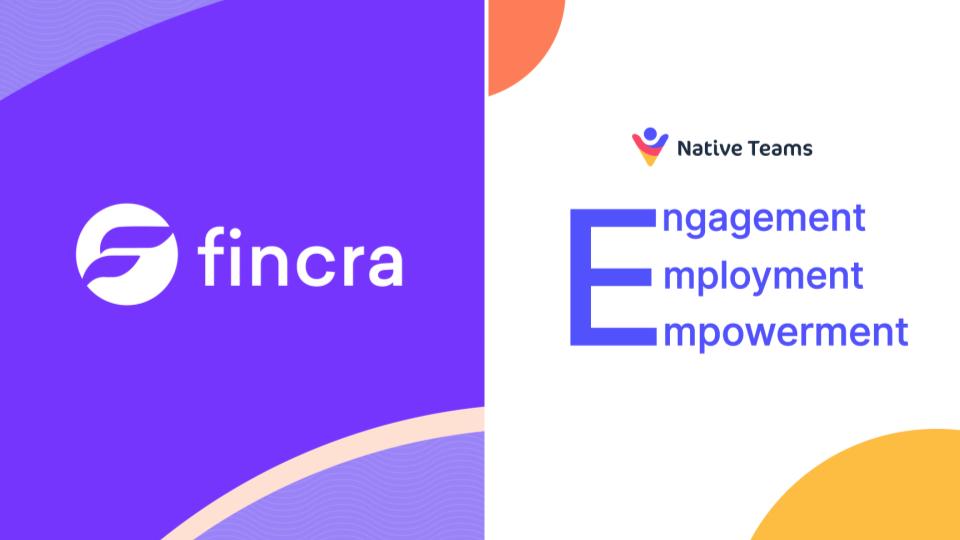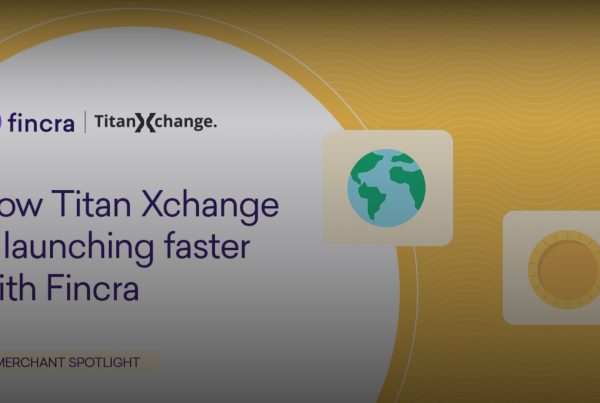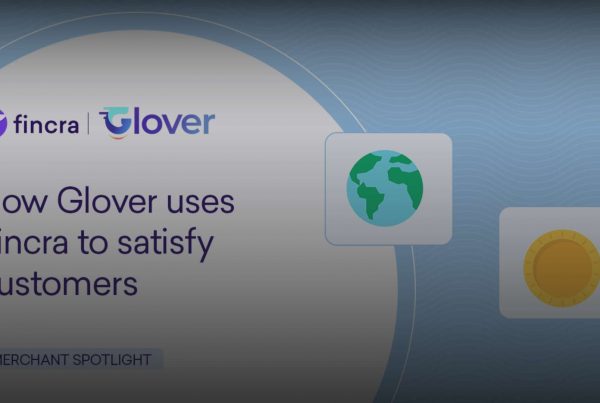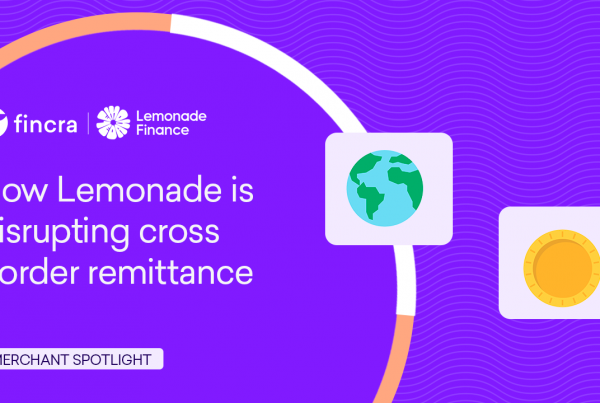The development of the internet and advances in communication and transportation technologies have propelled the concept of globalisation. This concept has increased the interconnectedness and interdependence of the world’s economies, cultures and populations. Now, it is easier for people worldwide to work remotely, trade with each other and for businesses to operate internationally. It is due to globalisation that the concept of remote work and freelancing have become popular.
Remote work refers to working from a location that is not a traditional office setting, such as from home or while travelling. Freelancing refers to working independently on a project-by-project basis rather than being employed by a single company full-time.
In Nigeria, the trend of freelancing and remote working is rapidly growing, attracting young graduates and significantly impacting job creation on the continent at large. According to a 2018 study by Payoneer, as much as 10.1% of the world’s freelancers are in Africa.
Yet, even with globalisation that has aided freelancing and remote working, borders and boundaries still exist and cause factors that affect the ease of conducting business across borders: differences in laws and regulations, cultural differences, language barriers and the complexity of cross-border payments.
Cross-border payments can be complex and present challenges for freelancers and remote workers who need to receive payment for their services. Differences in payment systems and currencies used in different countries can make transferring funds difficult. There may also be fees and exchange rates associated with cross-border payments, which can eat into the funds that freelancers and remote workers receive. Additionally, legal and regulatory issues may be considered when making cross-border payments, such as taxes and reporting requirements.
These challenges can make it difficult for freelancers and remote workers to receive timely and reliable payment for their services, impacting their ability to do business and manage their finances.
The solutions to these challenges are what is driving the mission of Native Teams, a payment platform for freelancers and workers.
“The mission and vision (of Native Teams) are to enable freelancers and remote workers to have a borderless experience. Irrespective of where you are, you can work from anywhere, get your payment from anywhere, and live wherever you are. Receiving money and spending money should not be a problem for you. So that is the problem we are solving,” Jessica Uche, the Business Development Manager for Native Teams in Nigeria, said.
“Our mission at Native Team is to ensure borderless, remote and freelance work, so you will not have any issue with taxes, employment, or payment. Wherever you are, you can be a digital nomad; we will take care of everything about your work payment.”
Present in about 42 countries, Native Teams launched in Nigeria in mid-2022 and has a stack of products offering many solutions to boost cross-border freelancing and remote working for workers and businesses.
B2C and B2B
For workers, they allow remote workers and freelancers to quickly receive payment, provide Employee of Record (EOR), invoicing, help them with taxes, statutory compliance etc.
“We enable freelancers, remote workers, contractors to receive their payment in USD, GBP, EUR from any country into Nigeria,” Uche said.
“We don’t just stop at that. We enable them to withdraw this money directly into their Nigerian bank account. So let’s say you run a design gig for $1000; with Native Teams you will receive $1000, and you will be able to send this $1000, and you will get the Naira equivalent into your Nigerian bank account.
“We also enable you to send out money from Nigeria; maybe someone in the US ran a gig for you, and you want to pay them in USD; you can do this using your Native Teams account in USD, GBP, or EUR. There’s also the target market of people who get admission outside Nigeria and are looking for how to process it. We enable them to do all of these things.”
Native Teams helps businesses hire talent and contractors and manage global payroll.
“We enable payroll management in 42 different countries, the same thing for employees of record position where we employ you on behalf of your employer, and then we handle everything about your team management and your payment,” Uche said.
Fincra, a trusted merchant
When launching in Nigeria, Native Teams chose Fincra as its payment processing partner, putting itself in the best position to optimise customers’ experience.
“Fincra assists us with our NGN payout. So when people initiate a direct NGN withdrawal, it calls Fincra’s API, and Fincra enables the NGN withdrawal to drop into your bank account,” Uche said.
“Right now, on Native teams, anybody who initiates an NGN withdrawal from us is automatically using Fincra’s API.
“This makes it very easy for us because Fincra is a trusted merchant; so far, we have not had any concerns with them, and no delays. You initiate a withdrawal, it is approved from the backend, and your money drops directly into your bank account.
“There’s also the Checkout option; we have also integrated a Checkout option for people who want to fund their wallet. Fincra also lets us send payment links to customers who want to fund their accounts.”
Reach out to find out how Fincra can help your business or create a free account to get started.




